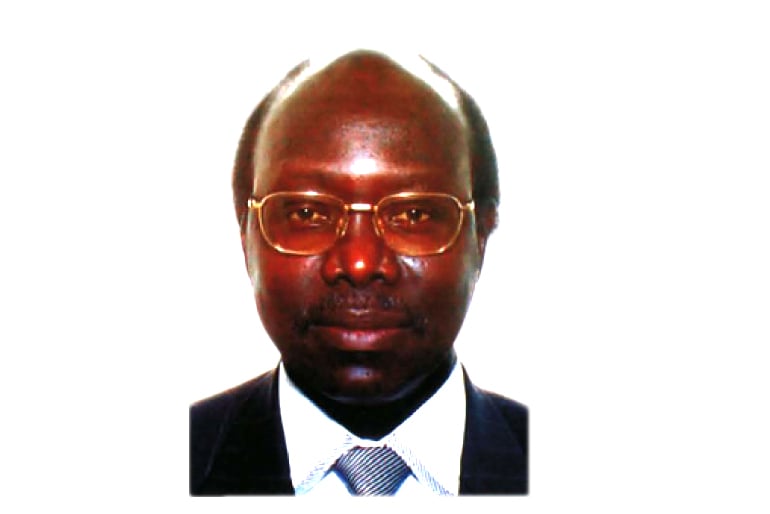Prime
South Africa holds elections

Mr Harold Acemah
What you need to know:
- According to polls, 70 percent of South Africans want an unelected strongman.
On Wednesday, May 29, about 28 million voters of South Africa will go to the polls to elect 400 members of the national parliament and provincial legislatures. This will be the seventh democratic election to take place in South Africa since 1994 when apartheid and White minority rule came to an end. At the 1994 elections, Nelson Mandela was elected president of South Africa, and the African National Congress (ANC) won a majority of seats in parliament and has done so ever since.
The forthcoming elections coincide with the 30th anniversary of the end of racist apartheid rule. According to president Cyril Ramaphosa of South Africa, “Beyond the fulfilment of our constitutional obligation, the upcoming elections are also a celebration of our democratic journey and a determination of the future we all desire.”
Mr Ramaphosa is the presidential candidate of the ruling ANC and is hoping against hope to be re-elected for a second and last term. Many credible opinion polls indicate that ANC could get less than 50 percent of the vote for the first time in 30 years, which means that it would not be able to form a government by itself.
Thirty years after the end of racist minority rule and apartheid, the vast majority of South Africans who are Black appear to have given up hope for a better future and lost interest in elections and democracy.
For the Black majority, elections and democracy they fought relentlessly for have not delivered meaningful socio-economic development, prosperity for all citizens and peace.
As in many African countries, elections have become a ritual organised by politicians who desire no change. One is tempted to conclude that South Africa has sadly descended from apartheid to apathy. Cry the beloved country!
On April 27, 1994, millions of jubilant South African voters turned up to vote in the first general election under multiracial democracy and 86 percent of eligible voters cast their ballots. When South Africans go to the polls on Wednesday, the mood will be sombre with no sense of celebration and jubilation. At the last elections held in 2019, less than 49 percent of registered voters bothered to cast their ballots. Political analysts predict lower voter turnout on Wednesday, especially by the so-called “born free” post-1994 generation.
It is self-evident that wananchi, especially the youth of South Africa, are fed up with endemic and systemic corruption, rampant crime and massive unemployment.
Corruption was at its worst from 2009-2018 when Jacob Zuma was South African president; he has the audacity to insist on contesting again as leader of the newly formed “MK” party. As in many African countries, the future of democracy in South Africa is gloomy and uncertain.
Issues at stake
Unemployment, which hit 32 percent in 2023, joblessness, glaring economic inequalities, massive corruption, frequent power cuts and blackouts have eroded confidence, trust and support for the ANC and the government led by president Ramaphosa.
High levels of violent crime in the country have undermined confidence and support for South Africa’s government, law enforcement agencies, especially the police force.
Mandisa Maya: The woman holding South Africa’s legal future
The prospects for victory by a coalition consisting of the Economic Freedom Fighters (EFF) party, led by the charismatic and fiery Julius Malema, and the Democratic Alliance (DA) – which are the main opposition political parties – together with smaller parties is not farfetched and should not be ruled out.
According to some polls, a staggering 70 percent of South Africans who are disgusted with democracy prefer an unelected strongman who can deliver jobs, combat crime, eradicate corruption, improve living conditions in slum dwellings and put an end to daily load shedding and power outages. I wish the people of South Africa free, fair and credible elections.
Harold Acemah is a political scientist and retired career diplomat. [email protected]




